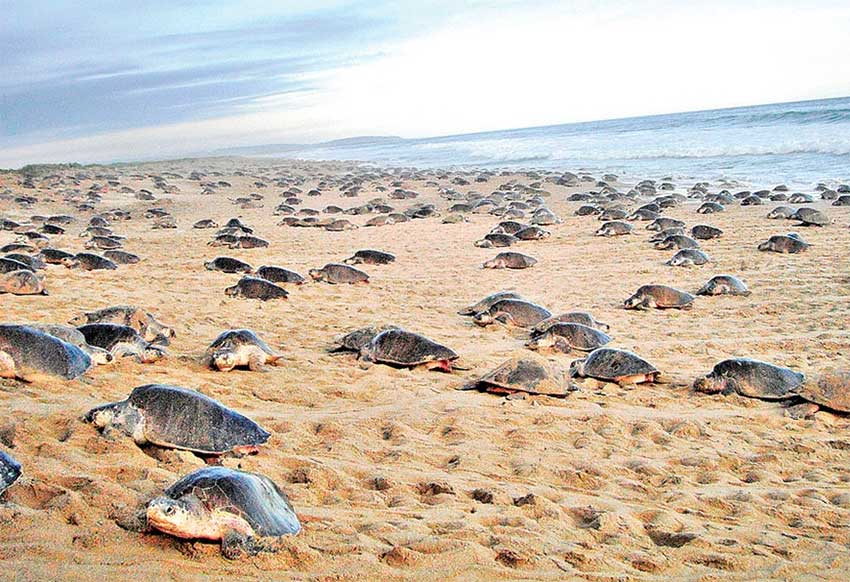Wildlife protection officials are blaming hard economic times brought on by the Covid-19 pandemic for skyrocketing numbers in wild animal trafficking cases in 2020, as some people may be turning to the criminal activity to survive.
Between 2019 and 2020, the number of federally protected animals seized by the environmental protection agency Profepa rose 660%, although much of that increase was due to just three large raids by the agency this year.
“In 2019, Profepa confiscated [about] 5,000 protected species, and so far in 2020, in just three [raids], the number was almost 33,000,” said Ernesto Zazueta, president of the Association of Zoos, Breeders, and Aquariums (Azcarm), who is trying to get legislation passed to increase penalties for wildlife trafficking.
In a raid on November 26 in the Iztapalapa borough of Mexico City, authorities confiscated 15,000 animals of various species, many of them protected. The animals being housed in overcrowded conditions included turtles, crocodiles, toucans, parrots and Gila monsters.
According to the newspaper Milenio, turtles are the main species being trafficked.
The sharp increase in numbers mirrors increases in animal trafficking worldwide. According to the international body Global Initiative Against Transnational Organized Crime, the coronavirus pandemic’s resulting economic downturns have coincided with an increase in wild animal trafficking in communities near national parks and wild animal refuges. People are resorting to trafficking to survive, the organization said in a recent report.
“Tourism has been decimated due to travel restrictions, and thus more people that depend on it to make a living can be pushed toward illegal hunting and wild animal trafficking,” the report said.
Worldwide, studies estimate that wildlife trafficking garners US $27 billion annually, Zazueta said.
The Covid-19 pandemic has encouraged the trafficking problem in other ways as well. According to Global Initiative, traffickers in China and Laos are selling products made from rhinoceros tusks as a supposed cure for the coronavirus.
In Mexico, Zazueta said, other factors have compounded its wildlife trafficking problem: Profepa’s 2020 budget was only 75% of what it was in 2018.
“The way I see it, trafficking has also increased because much of Profepa’s budget has been taken away,” he told Milenio. “They have very few inspectors and can’t be searching for traffickers, and the traffickers know that. At times [the inspectors] don’t even have money for gasoline,” he said.
Increased animal trafficking poses more than just the risk to endangered species. It also increases the possibility of diseases jumping between animals and humans. In a report in April, the United Nations Office on Drugs and Crime (UNODC) explicitly linked the illegal wildlife trade and the threat of emerging human diseases.
“Wildlife crime endangers the health of our planet — and our own health,” UNODC executive director Ghada Waly said. “For the sake of preserving biodiversity and preventing the next public health emergency, the illegal wildlife trade must stop.”
Source: Milenio (sp)
